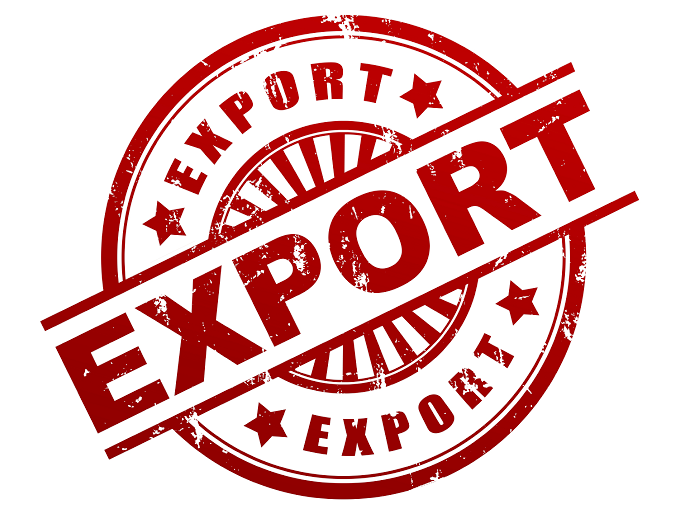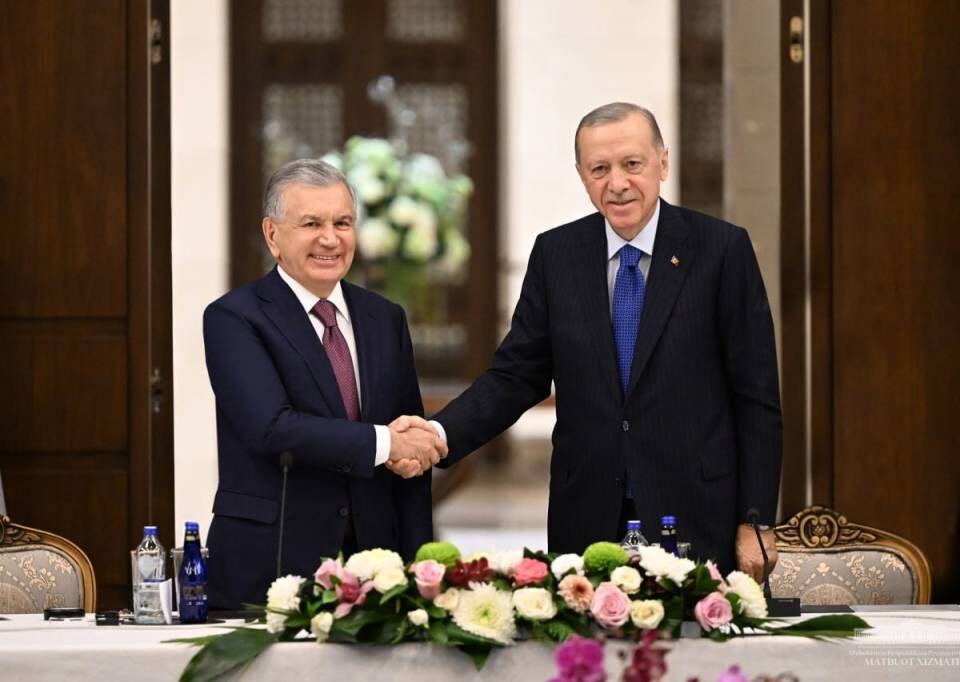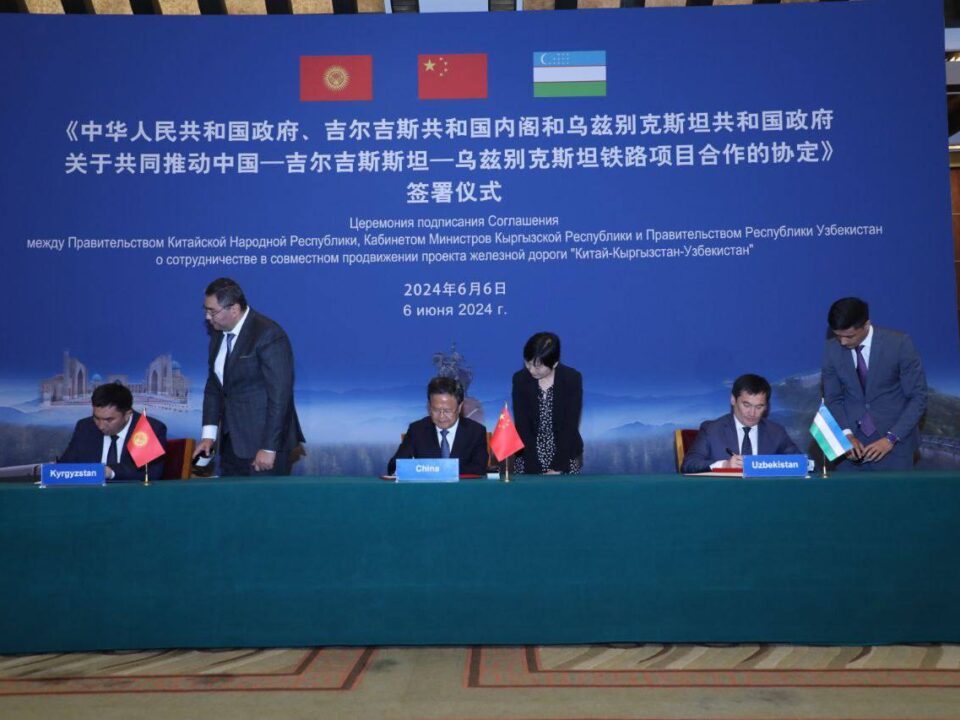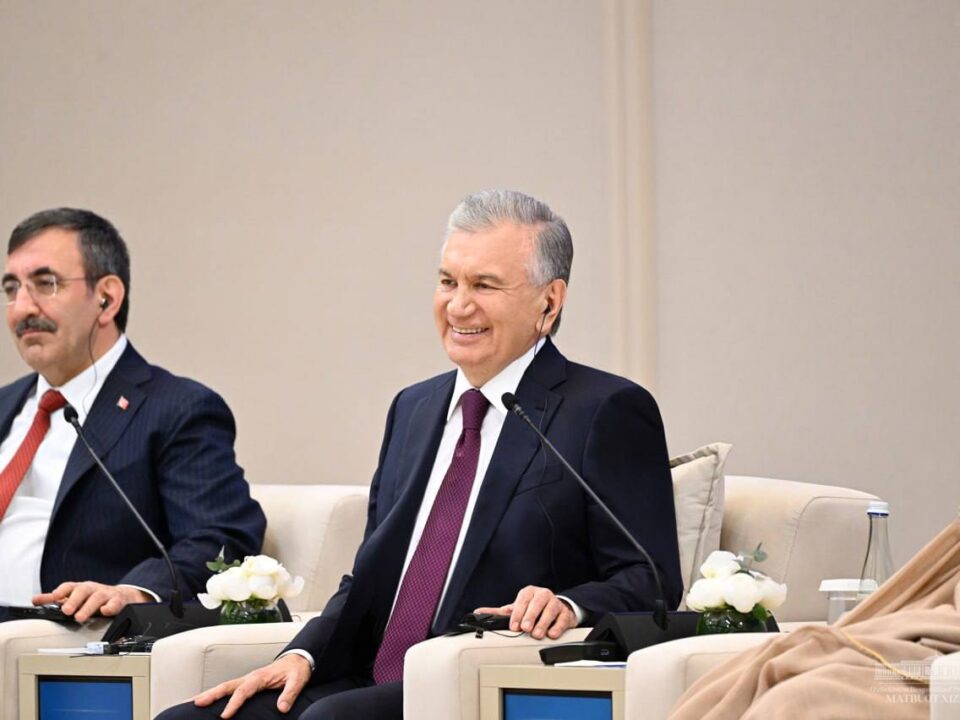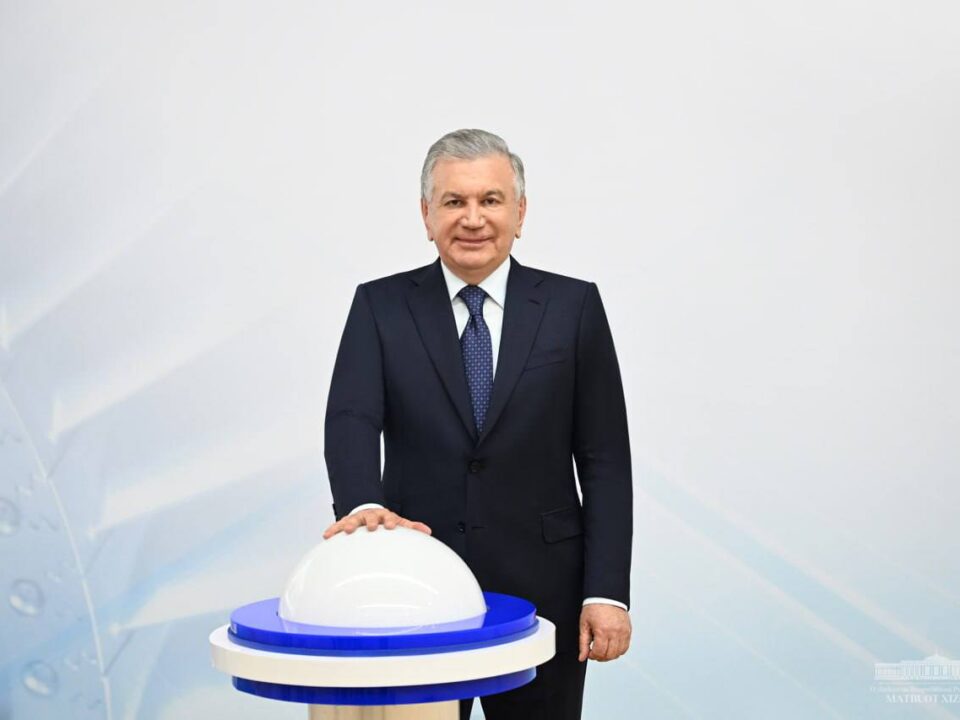Gaining of independence and establishment of Uzbekistan as a full-fledged member of the world community opened up opportunities for structural reforms and modernization of the economy, and gradual integration of the country into the global economy. Azizbek Adahamov, Senior Specialist at the Ministry of Foreign Economiс Relations, Investments and Trade, is charged with the analysis of world markets, studies of export capacity and foreign trade regulation. He has shared with his thoughts on the new trends and development prospects for trade and economic relations:
“Targeted measures on the establishment of mutually beneficial trade and economic relations have helped Uzbekistan to establish trade ties with more than 180 countries. The republic signed agreements on trade and economic cooperation with 45 states under the terms of mutual most favored nation treatment. Uzbekistan also established free trade treatment with the CIS states, providing for non-application of export and import customs duties, prohibitions and quantitative restrictions.
The adoption of the Customs Code of Uzbekistan in the new edition in the current year ranks among the key changes in the legislation of the republic in the framework of the ongoing work on simplification of trade, and streamlining of legislation in foreign trade in accordance with international norms and regulations. The act provides for the application of best international expertise in the field of customs administration, introduction of IT in the customs business, ensuring of transparency of customs administration, simplification and reduction of terms of customs clearance.
Continuous streamlining and liberalization of foreign trade mechanisms that are aimed at expansion of exports and substitution of imports have significantly increased the volumes, and changed the structure of foreign trade. Prior to independence, the republic mainly exported raw materials and imported finished products, largely consumer goods. Applied from the first years of independence, the measures on the full support of entrepreneurship with the focus on the production of goods, works and services, have paved the way for the establishment of new manufactures and increase in the volume of current capacities on the production of high-quality import-substituting products.
Today, the bulk of imports, or 91.3%, falls on the goods intended for further processing and production of finished products with higher added value. The proportion of imports of machinery and equipment has significantly increased from 12.1 in 1990 to 40.5% in 2015. Imports of food products have also fell from 48.9 to 12.8%, while the volume of their exports has grown by 2.6 times.
It is worth to mention the dynamic growth of exports of finished products with high added value. In just a quarter of a century, the volume of exports has increased by nearly 30 times. The diversification of its commodity structure has decreased export of monoculture – cotton fibers, the share of which has decreased from 59.7% in 1990 to 27.5 in 2000, and to 6% in 2015.
As shown by international experience, a good business climate is one of the key conditions for successful development of business. The introduction of advanced market-based mechanisms of currency regulation and exchange rate policy, which stimulate the growth of export potential, active channeling of direct foreign investments, and increase the competitiveness of domestic producers on foreign markets, opens up the way for companies of different property forms to the drastically new level of development, expansion of mutually beneficial economic cooperation with foreign partners, scales up the volumes of competitive products, creates jobs, and raises people’s welfare.
Currently, the share of non-resource goods in total exports makes up around 70%, while in the early 90s of the last century this index was less than 30%. To date, Uzbekistan has established exports of various models of cars and trucks in line with international standards, spare parts and accessories, modern buses, agricultural machinery, new types of chemical, cable and wire products, refrigerators, washing machines, air conditioners, LCD TVs, LED lamps and solar water heating systems, textile and knitted articles, building materials, pharmaceuticals, soft drinks and other industrial products.
The share of food exports in total exports has increased from 3.2% in 1992 to 11% in 2015. During the years of independence, Uzbekistan has achieved a significant growth in exports of services, which is essential for economic development. For example, the volume of exported services in 1993 was $46.8 million (2% of total exports), while in 2015 it exceeded $3.1 billion (25% of exports) due to the sustainable development of tourism and transport sectors.
The overall stimulation and support of domestic exporters ensures a stable growth in the number of export-oriented manufactures. For example, their number has more than tripled against 1997.
State support of export-oriented enterprises allows maintaining positive trends in foreign trade activities of small businesses and private enterprises. Thus, their share in total exports has increased from 7.3 to 27.1% over the past 12 years, mainly owing to exports of building materials, leather goods, clothing and furniture, foods. More than 920 trade houses of domestic enterprises represent them abroad, 52 of which were established in 2015. The map of exports has expanded as well. In 1992, Uzbekistan exported its products to 60 countries, against almost 170 countries at the present time.






















